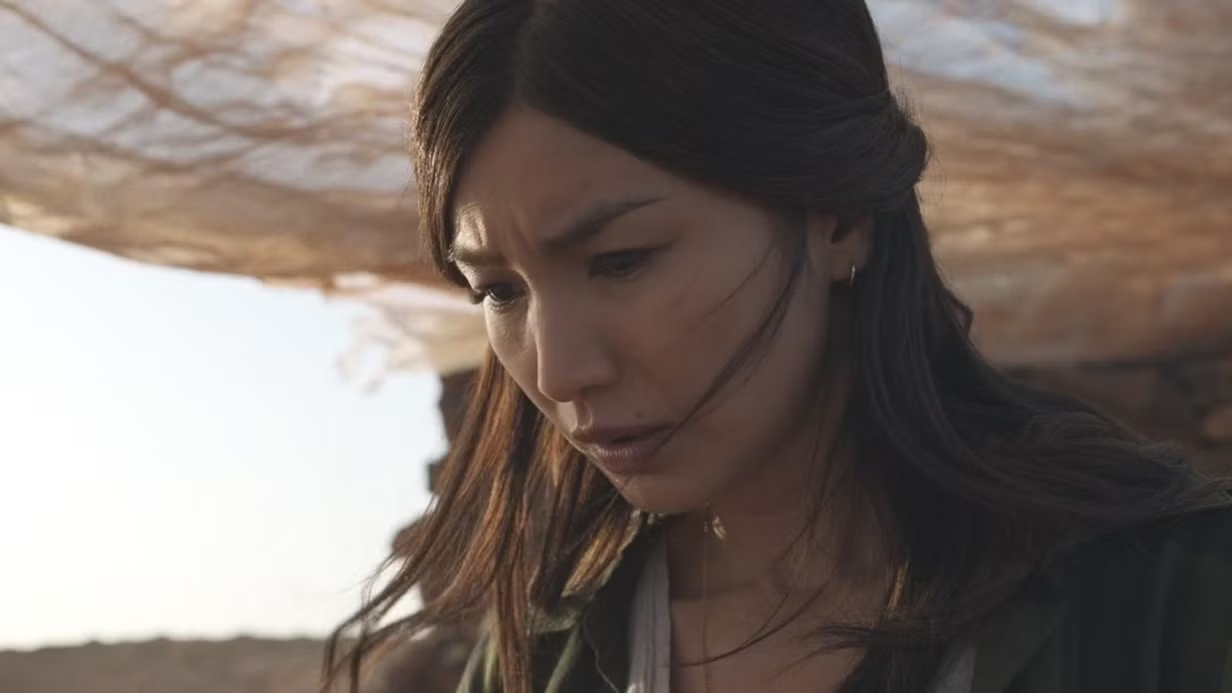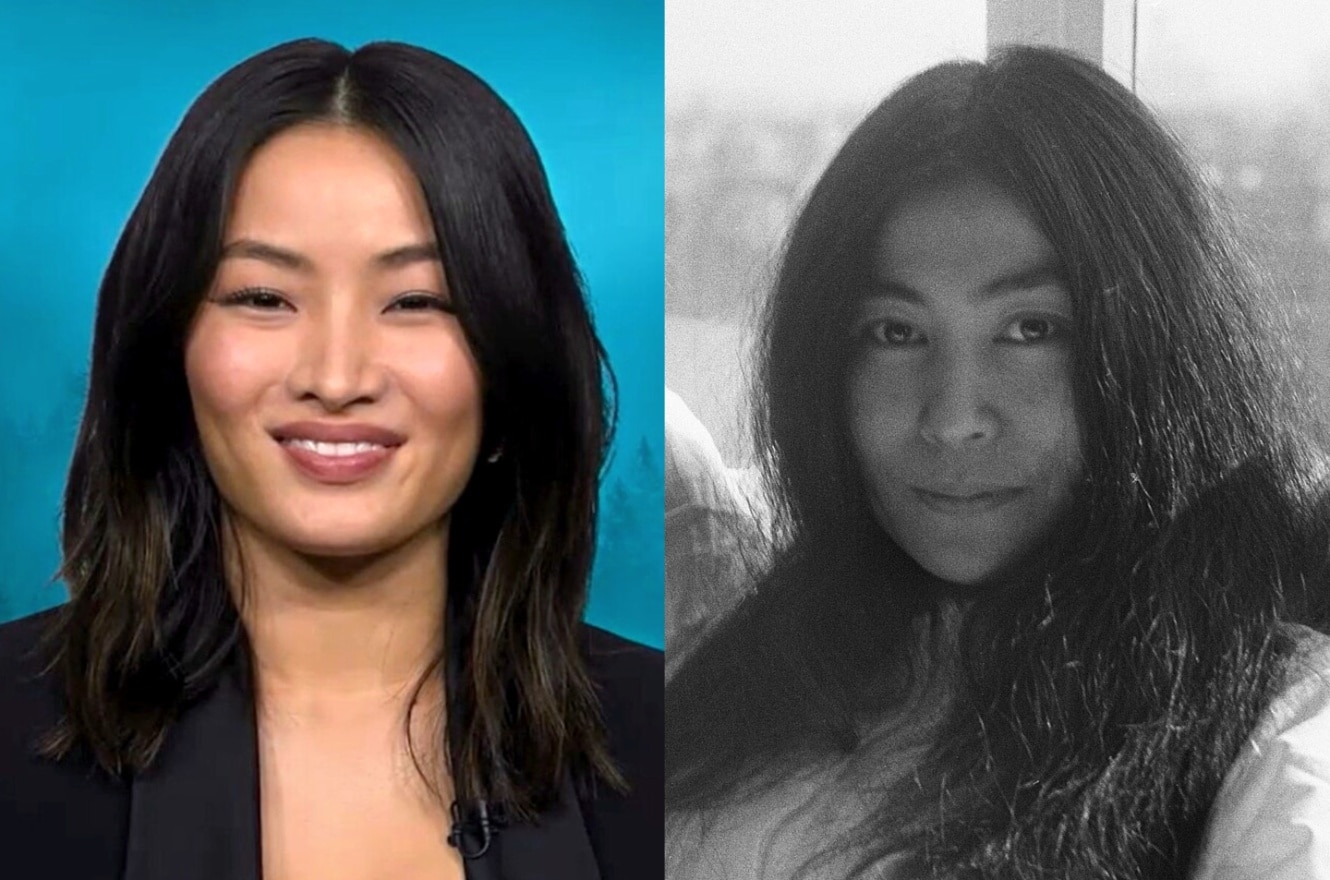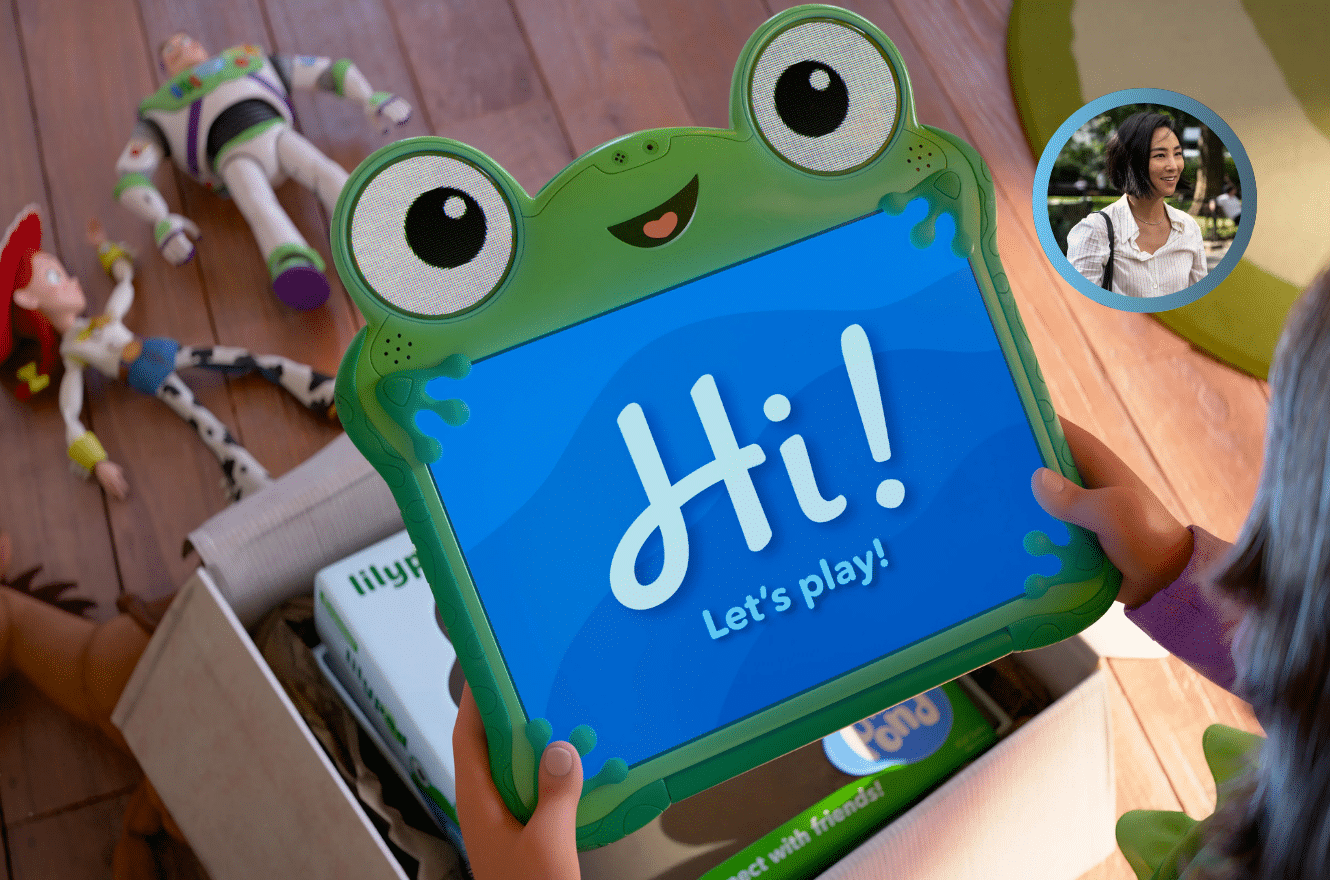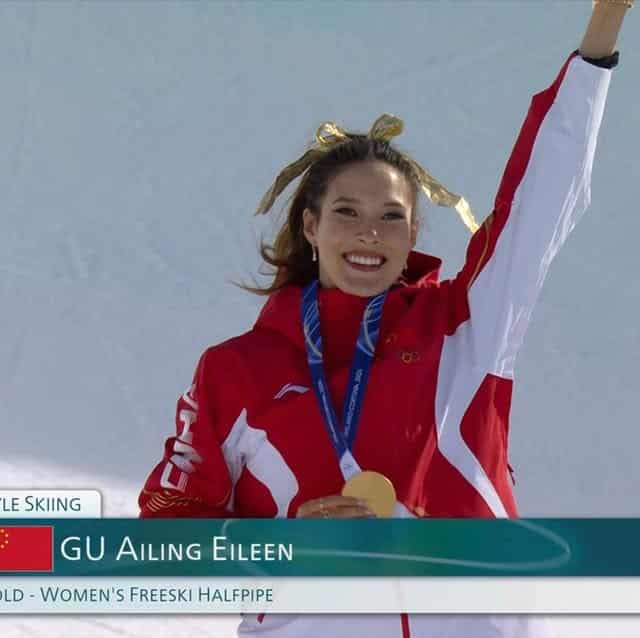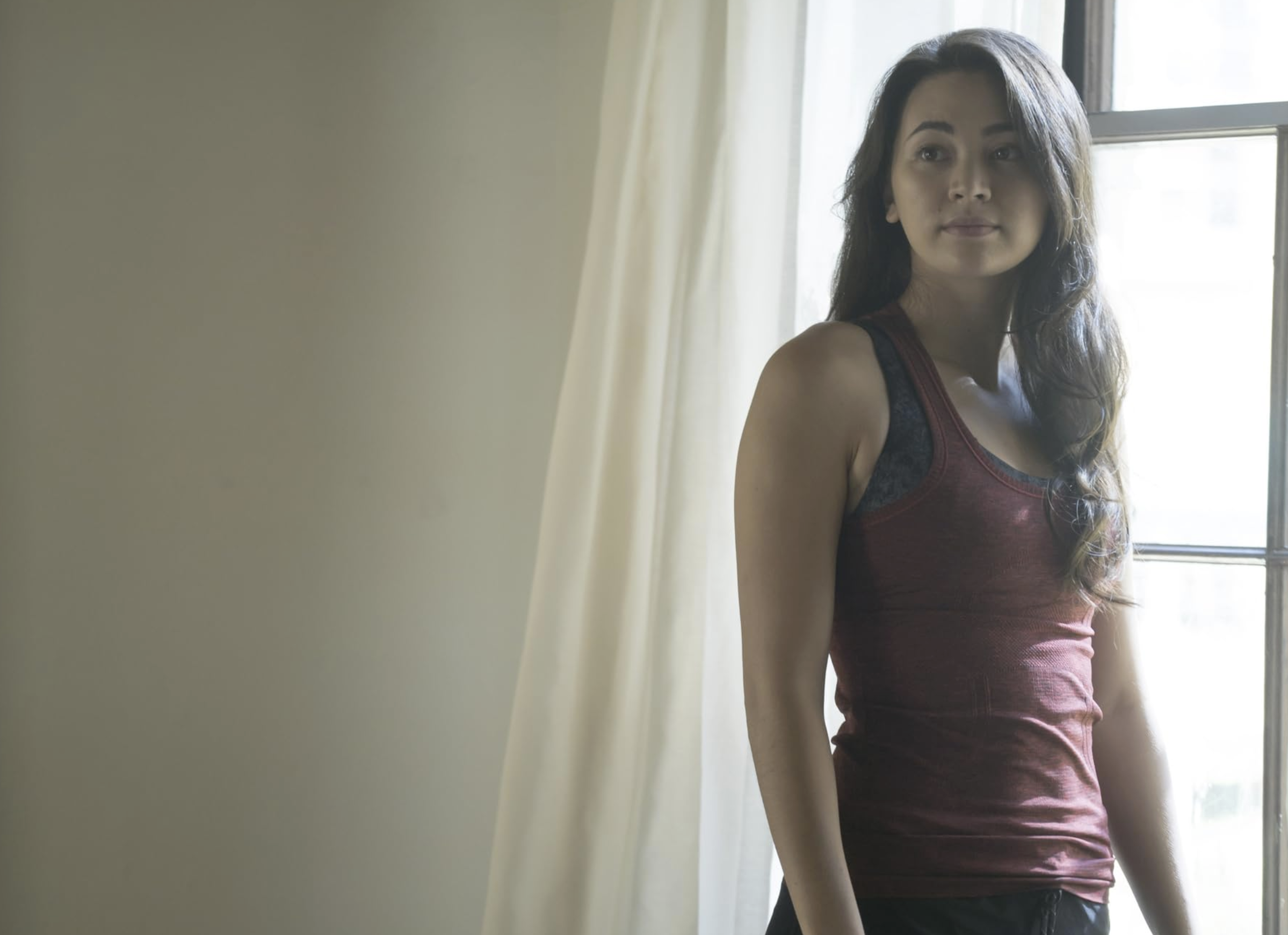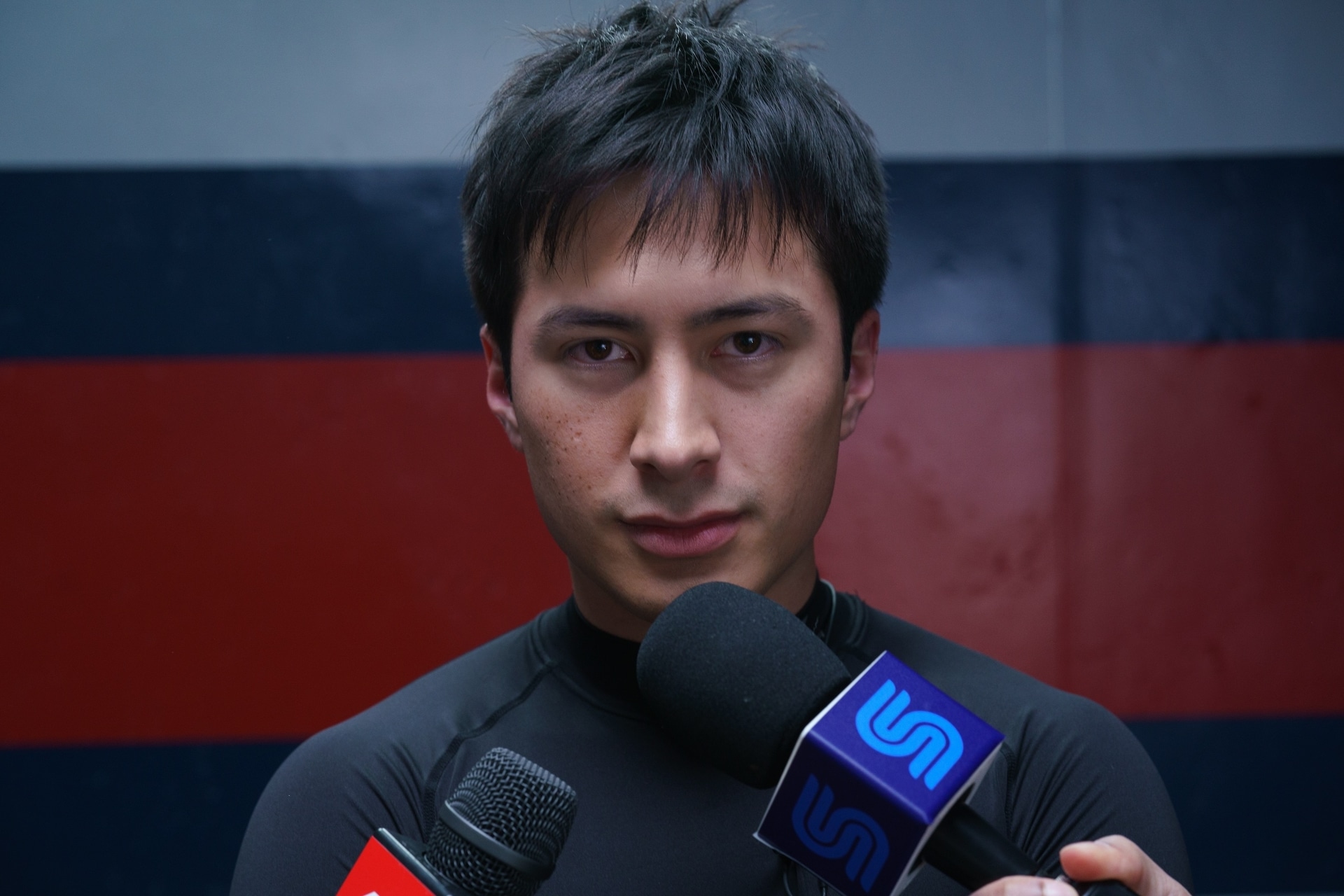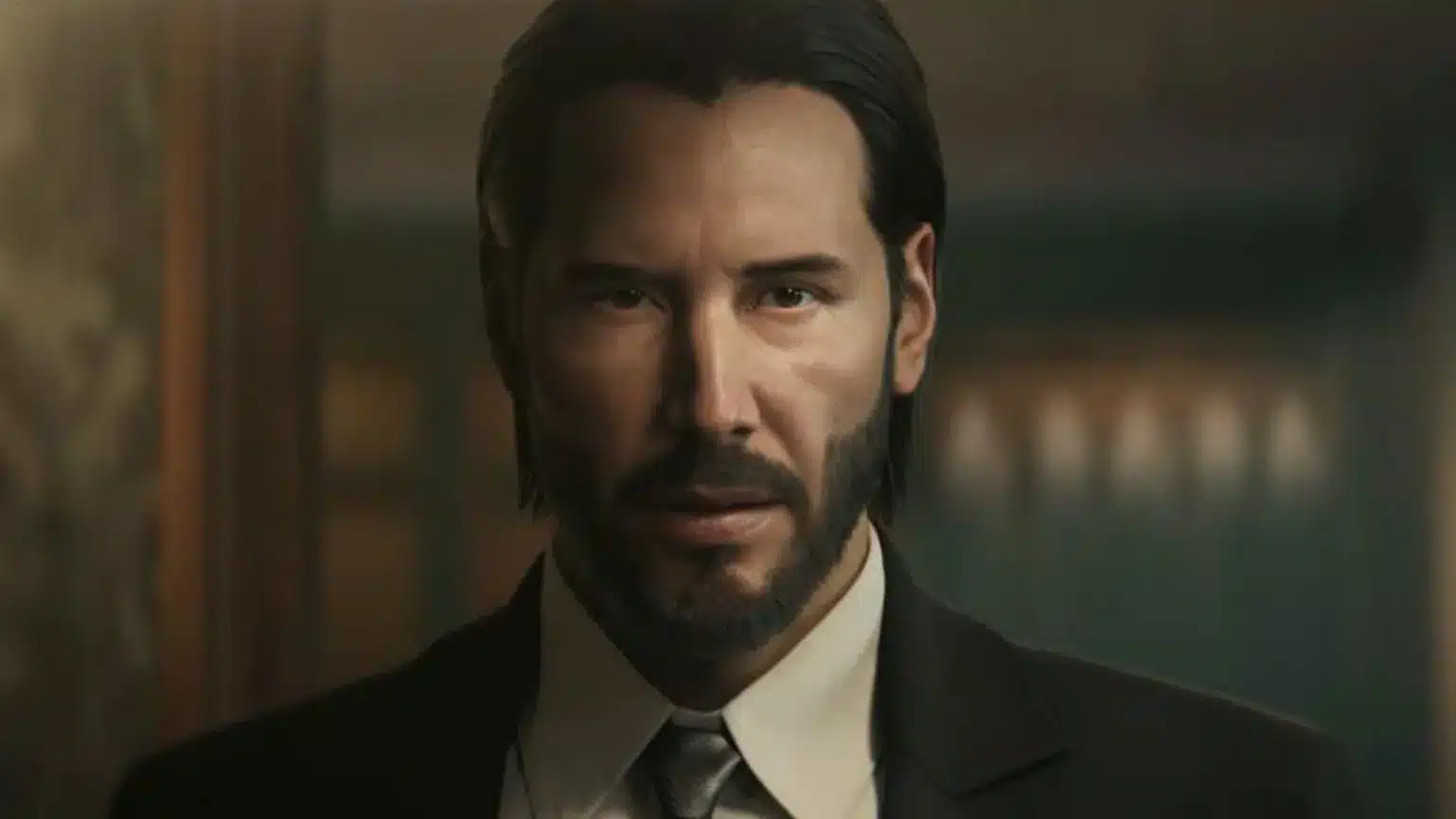Jeremy Lin, the former NBA point guard whose improbable rise with the Knicks in 2012 captivated the world, has returned to his hometown of Palo Alto with a new sense of purpose. At thirty-five, with his professional playing days beginning to wind down, he has shifted his focus to mentoring the next generation of Asian American basketball players. Over the weekend, he launched the inaugural JLIN NextGen Basketball Camp, a two-day program for top Asian American college players.
The camp, which offered high-intensity training and drills, is, for Lin, a kind of transition. “I definitely see myself getting into this space,” he told the Bay Area News Group. “To what degree or what that role looks like, I don’t know. But I will for sure be pouring into the next generation and sharing my thoughts. Hopefully, I can import some wisdom.”
The Enduring Influence of ‘Linsanity’
Thirteen years after his breakout “Linsanity” run, Lin’s story remains a source of inspiration for a new generation of athletes who were children when he was a global sensation. At the time, he was the only Asian American player in the NBA and the first Taiwanese American player in its history.
Read more: Chinese Center Yang Hansen Picked 16th in NBA Draft, Dealt to Portland Trail Blazers
Pranav Iyer, who attended the camp, recalled the impact of Lin’s presence in the league. “When he spoke about his journey, when he spoke about his upbringing, I was like, ‘Wow, this is literally me. This is like exactly what I had to go through,” Iyer told the Chronicle.
“That is the biggest impact that could be had is that you can see yourself in these people.” Iyer, who created an online platform to spotlight Asian American athletes, suggested that seeing Lin in the NBA gave many the confidence to push harder, believing “I think I can do these things that I was forever told wasn’t possible.’”
Lin acknowledges that the legacy of “Linsanity” still holds meaning for many. “Every time I hear about it, I’m like, ‘Don’t tell me how old you were when it happened,’” he said with a smile. “I didn’t think we would still be talking about that right now. But every year I’ve seen that the story is still very prevalent. It’s still very relevant. A lot of people still care about it. Seeing people tell me they were in middle school or elementary school when it happened—it’s crazy seeing time fly.”
Passing on Wisdom
Though he is still playing professionally in Taiwan, where he recently led the New Taipei Kings to their second straight title, Lin sees this new role as a coach and mentor as a crucial step.
Annika Shah, a Cal Poly-San Luis Obispo point guard who attended the camp, praised Lin’s approach. “This opened up my eyes to see the world from a pro’s perspective,” she told the Bay Area News Group. “It was cool to just understand that I can learn from anyone. He even said he could learn from us. And so I think him saying he could learn from kids at his own camp, I think that humbles us to be willing to learn from anyone that we’re around.”
Lin, for his part, has become more reflective about his responsibilities. He recognizes that, unlike in 2012, there are now a handful of Asian American players in the league, including Jordan Clarkson, Jalen Green, Kyle Anderson, and Jaylin Williams. He told the Bay Area News Group that he finds it “disappointing” when older players “rag on the new players from the younger generation.” He believes in a different kind of camaraderie.
Read more: Jaylin Williams Makes History as NBA’s First Vietnamese American Champion
“I think we should have a lot of mutual respect and appreciation for each other,” he said. “So any way I can help players, big or small or a lot or a little, I feel like that’s my duty. To give back to the game.”
Lin, who won an NBA championship with the Toronto Raptors in 2019, is still finding a balance as his playing days draw to a close. “I want to be able to go out not because I can’t play or can’t physically play. I want to be able to go out the way I want to go out,” he said. But even as he considers his own future, his focus remains on inspiring and guiding the next wave of Asian American basketball talent.


